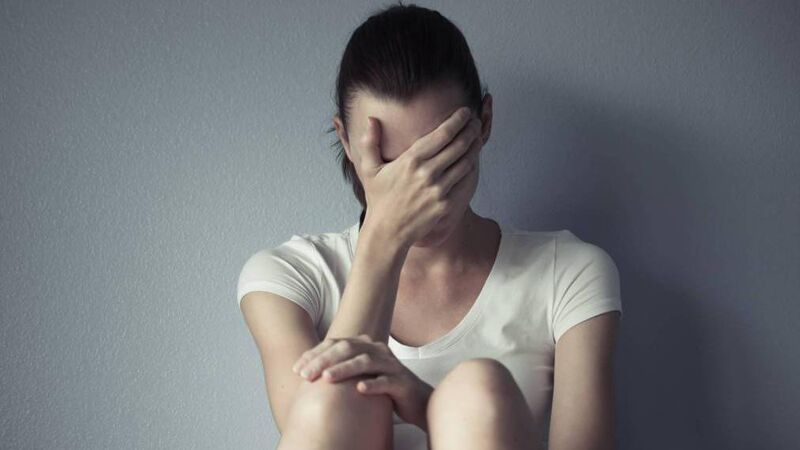Breaking down the stigma of mental illness

When you’re in the depths of a mental health crisis it can seem hopeless, yet change is possible. iStock
- Mirin Mooney is a trauma-informed neurodivergent-affirmative psychotherapist. For more info visit www.wildheart-wellness.com
- If you or someone you love is struggling, please reach out for the support you need:
- Aware (depression) - www.aware.ie | Helpline: 1800 80 48 48
- Samaritans (crisis) - www.samaritans.org | Helpline: 116 123
- Pieta House (suicide & self-harm) - www.pieta.ie | Helpline: 1800 247 247
- BodyWhys (eating disorders) - www.bodywhys.ie | Helpine: 012 107 906
- Jigsaw (young people) - www.jigsaw.ie
- MyMind (low-cost counselling) - www.mymind.org
- HSE information - www.yourmentalhealth.ie







 App?
App?




